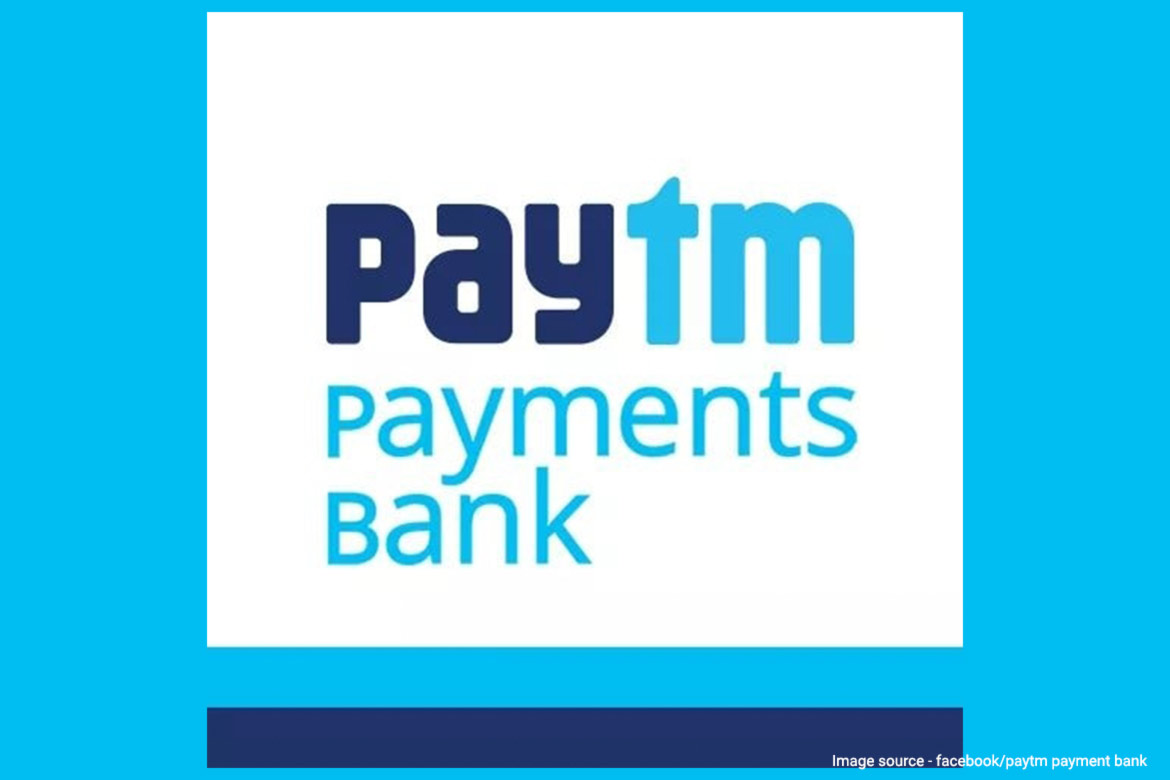In an unexpected move on Friday, the Reserve Bank of India (RBI) barred fintech giant Paytm from onboarding new customers to its payments bank.
The Reserve Bank of India has directed Paytm Payments Bank Ltd to cease onboarding any new customers with immediate effect, in line with section 35A of the Banking Regulation Act, 1949, the central bank announced in a statement today.
While no reasons were given in the statement, it indicated that not all is well in the company widely regarded as the poster boy of India’s startup success story.
In addition, the RBI has been directed to appoint an IT audit firm to conduct a comprehensive system audit of its IT system.
Paytm played a critical role in reviving India’s digital payment ecosystem following the demonetization, amassing a sizable customer base. However, the current fiscal year has been a disaster for the company. Paytm’s share price has plummeted by more than half since its initial public offering. The Reserve Bank of India has now issued a major setback to Paytm Payments Bank.
The central bank has prohibited Paytm Payments Bank from accepting new customers. The RBI stated in its most recent order that the order is based on certain material supervisory concerns that the central bank observed. According to the order, this action against Paytm Payments Bank is being taken in accordance with Section 35A of the Banking Regulation Act of 1949. With immediate effect, the bank has been barred from accepting new customers.
Read More: Your New-Construction Home Should Come With A Warranty
To be audited, follow these steps:
Aside from the restriction, the bank has been directed to appoint an IT audit team to conduct a comprehensive system audit of its IT systems. Allowing Paytm Payments Bank to add new customers after reviewing the IT auditors’ report will be subject to RBI approval.
Which rule did the RBI violate?
The RBI used the powers granted to it by Section 35A of the Banking Regulation Act of 1949, which allows the central bank to direct banks in the management of their affairs. This provision was included in the legislation to protect the depositors’ or the banking company’s interests.
Because some discrepancies may have an impact on depositors if there are issues with KYC and IT compliance. As a result, the RBI stepped in to take preventive measures and order a new audit.
What happened?
According to the RBI, the action was taken in response to material supervisory issues at the payments bank.
Paytm has yet to comment on the development, but some reports suggest that the RBI action could be motivated by a number of factors, including a violation of Know Your Customer (KYC) norms, data storage, data privacy, and data outsourcing.
Paytm Payments Bank was established in August 2016 and began operations with a branch in Noida in May 2017. According to the most recent data, PPBL had approximately 6.4 crore customers.
This is not the first time Paytm and Paytm Payments Banks, led by Vijay Shekhar Sharma, have had issues with the RBI.
The RBI had also prohibited PPBL from onboarding new customers in June 2018 due to supervisory concerns. The restrictions were removed on December 31, 2018.
The central bank also issued a show-cause notice to the company on July 29, 2021, stating that Paytm Payments Bank had violated the Payment and Settlement Systems Act, 2007, by submitting false information to the RBI confirming the completion of the transfer of the Bharat Bill Payment Operating Unit business by One97 Communications to PPBL.
Paytm Payments Bank was fined Rs 1 crore by the RBI for the offense.
The latest RBI action comes as Paytm prepares to upgrade its payments bank to a small finance bank license after five years of operation in May of this year.
Read More: New Jeep Meridian vs Toyota Fortuner Specs And Features Comparison
Halts bigger aspiration:
Paytm Payments Bank was granted Schedule Payments Bank status by the Reserve Bank of India in December 2021. Paytm Payments Bank will be able to participate in government and other large corporation requests for proposals now that it has the status of a scheduled bank. Banks will be able to participate in the primary auction as well. It will also have access to Fixed Rate, Variable Repo Rate, Reverse Repo Rate, and Marginal Standing Facility.
Paytm applied for upgradation from Payments bank to Small Finance Bank in May of last year. Once approved, Paytm Bank will be able to begin lending operations as well. As a result of the new restrictions, Paytm’s longing seems to have been put on hold.






